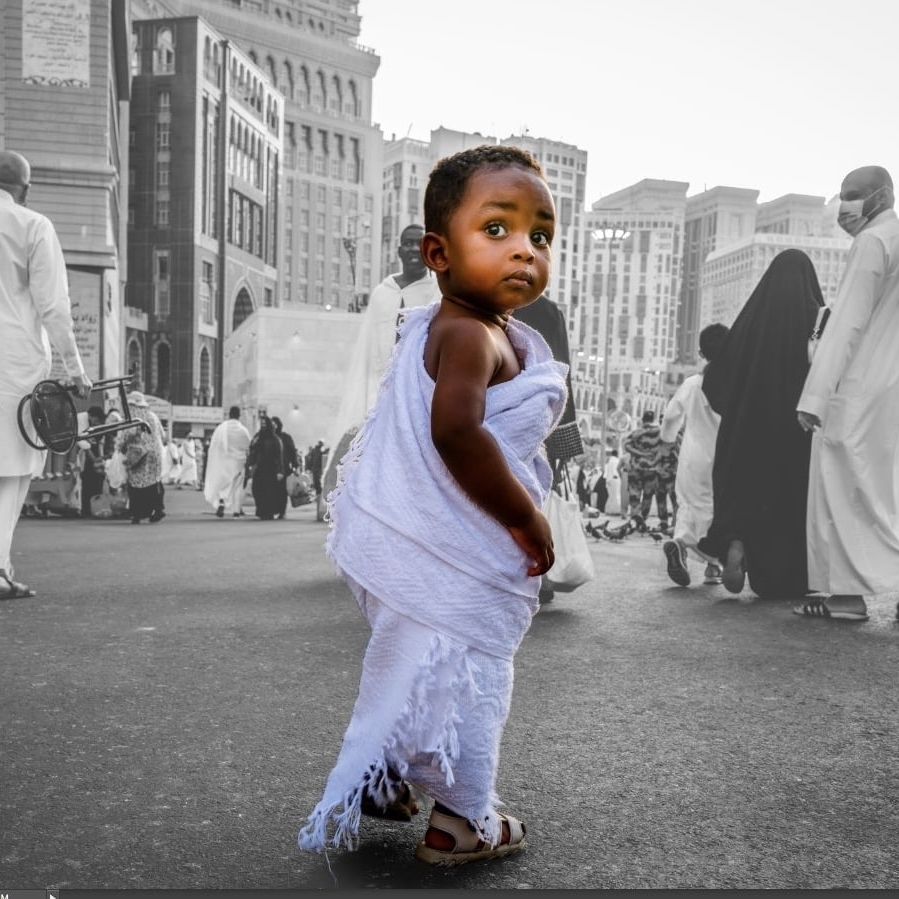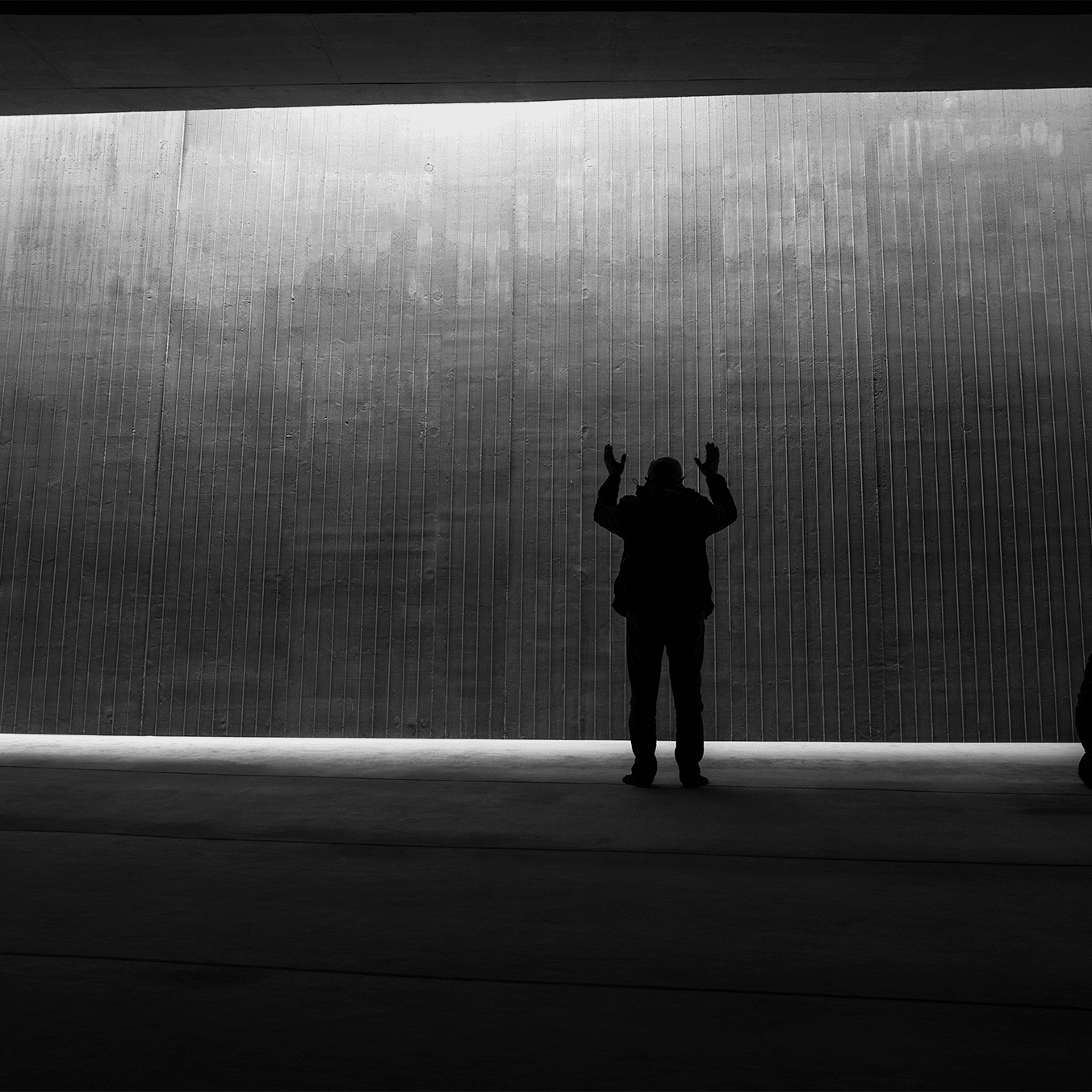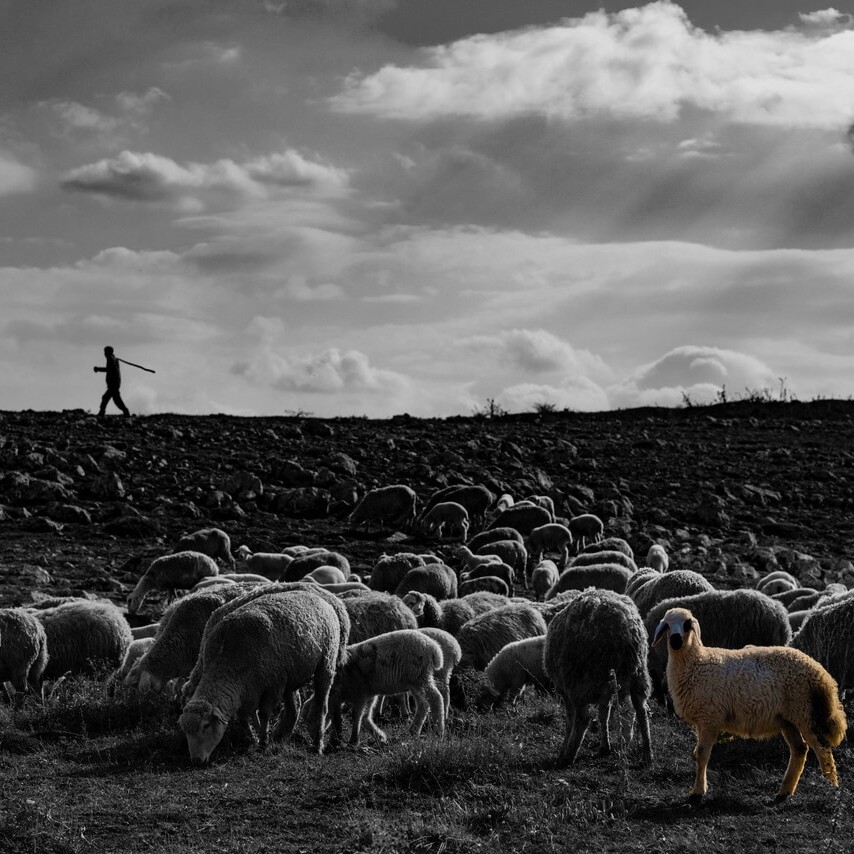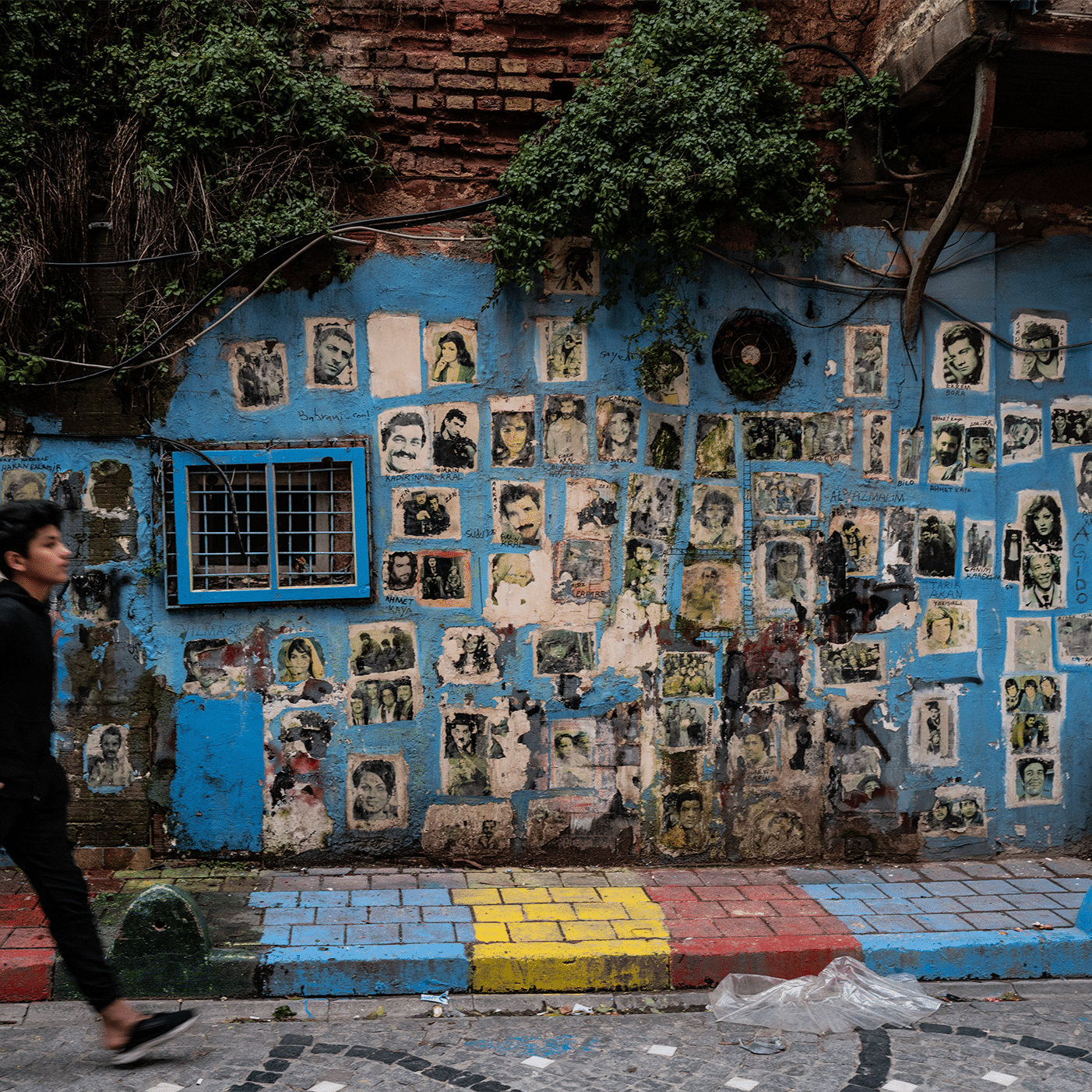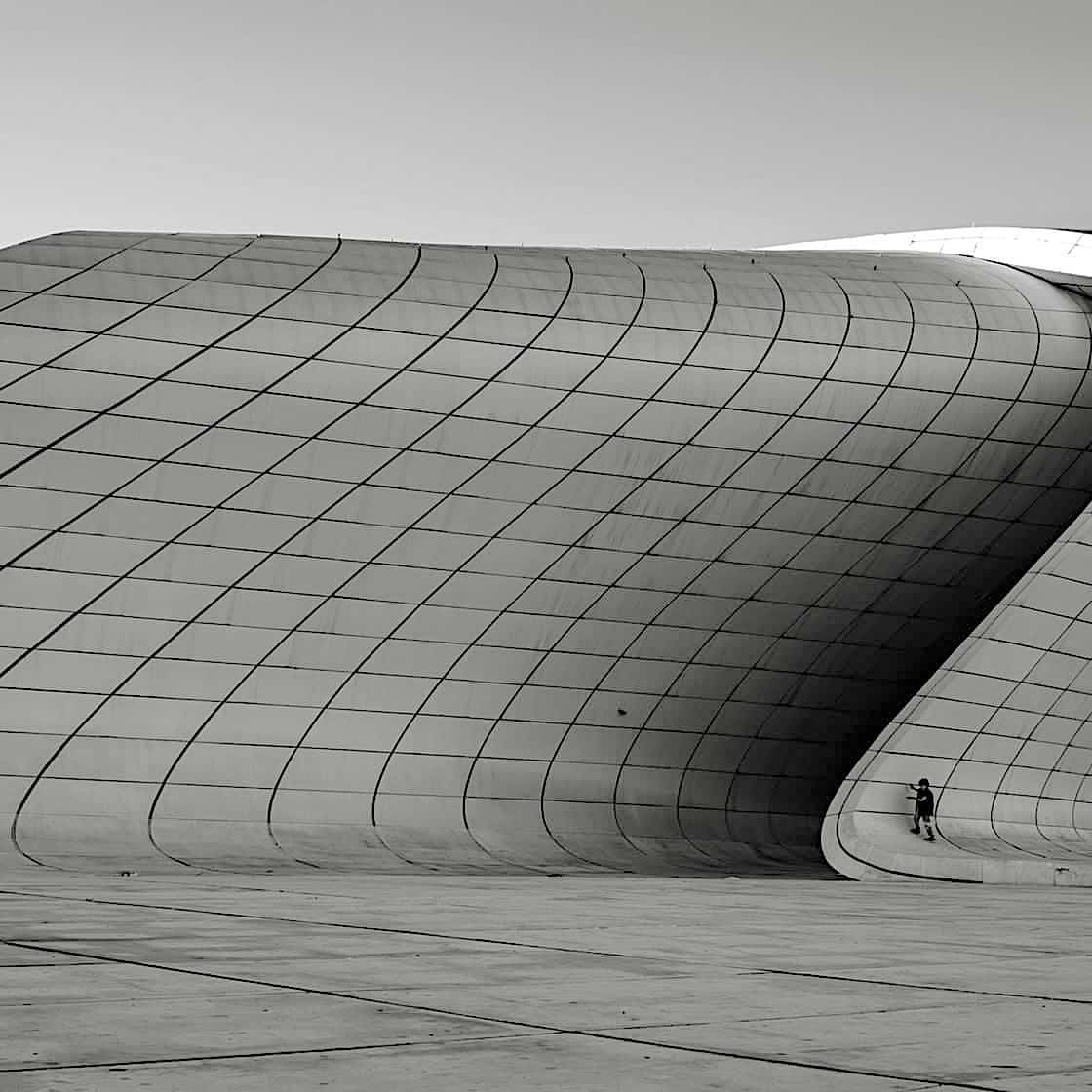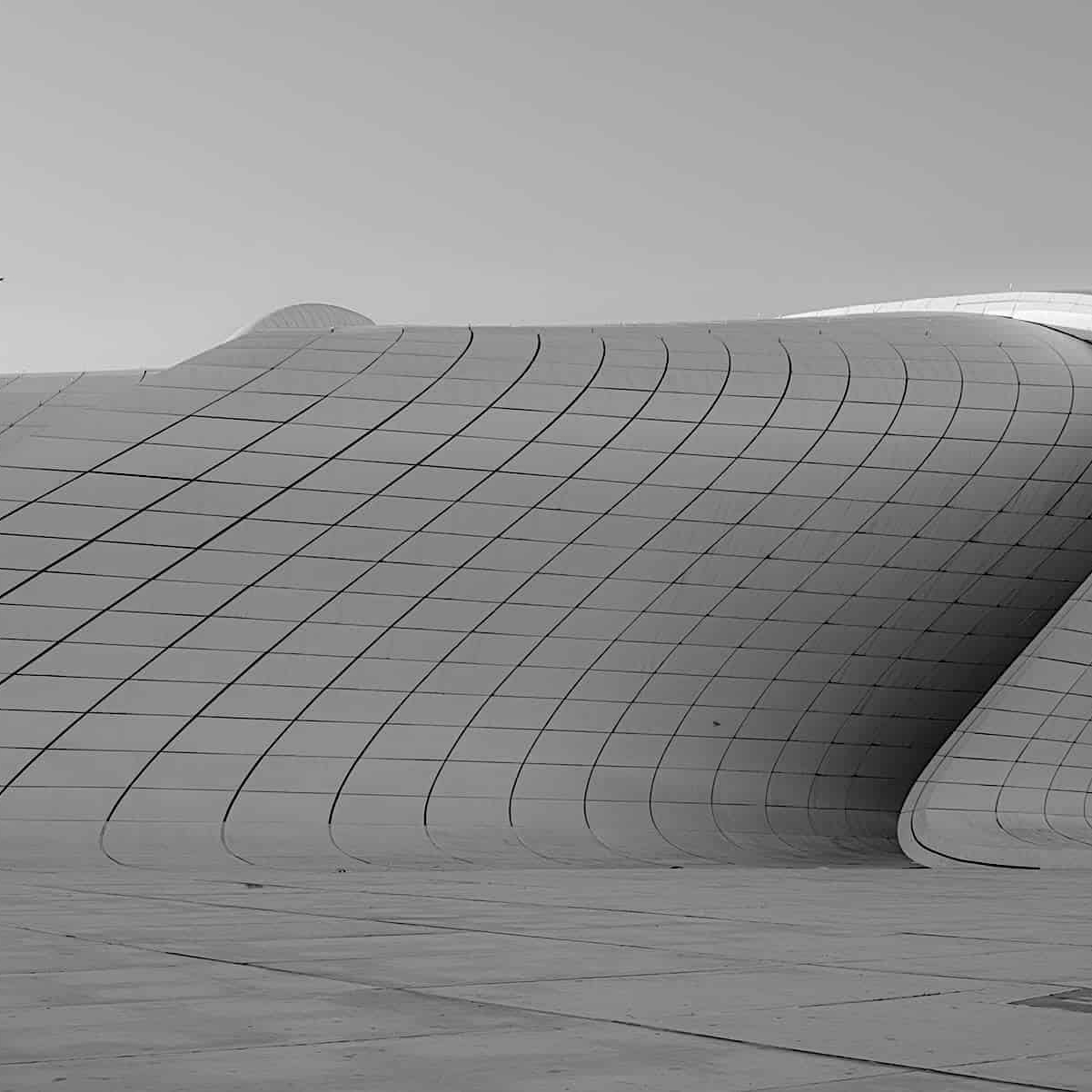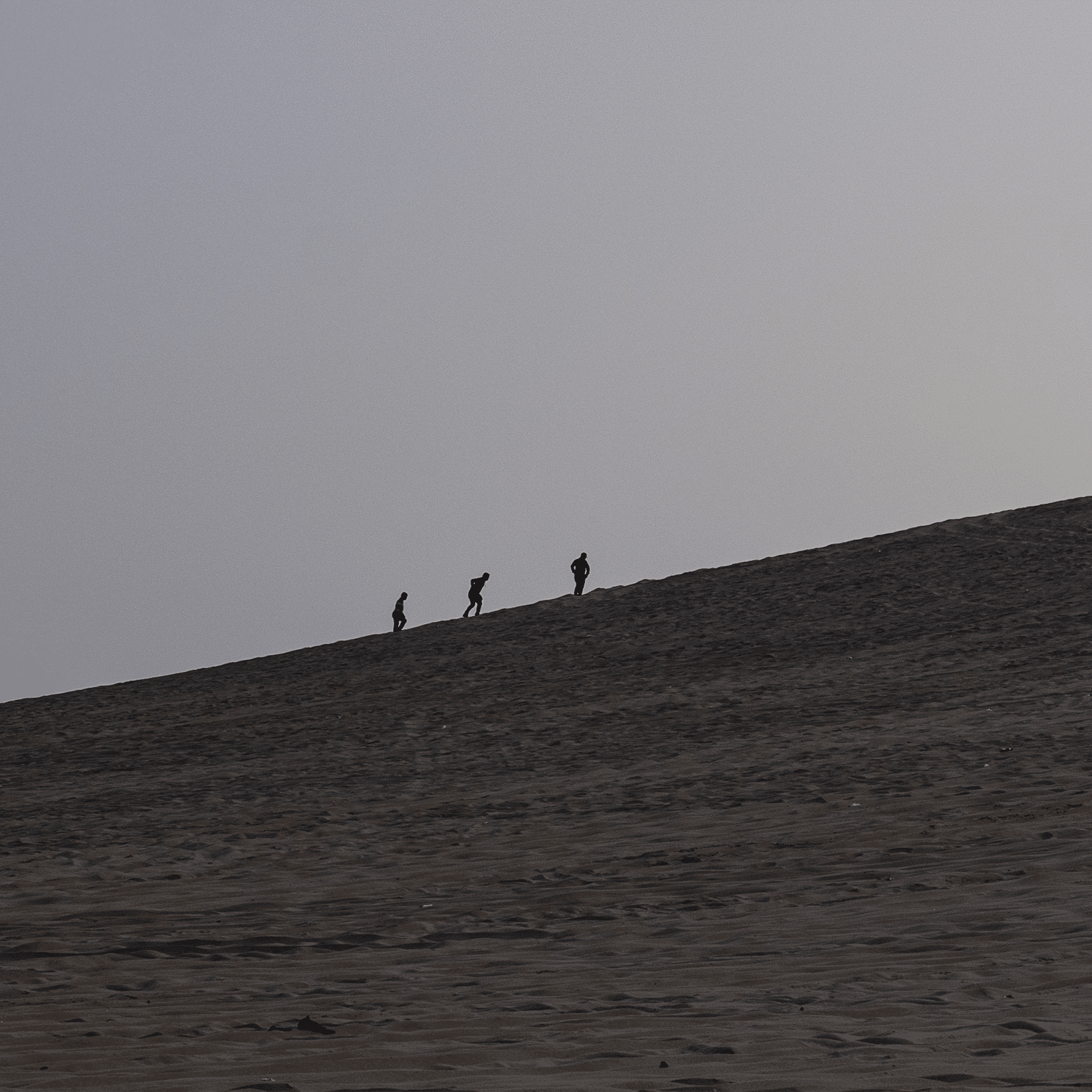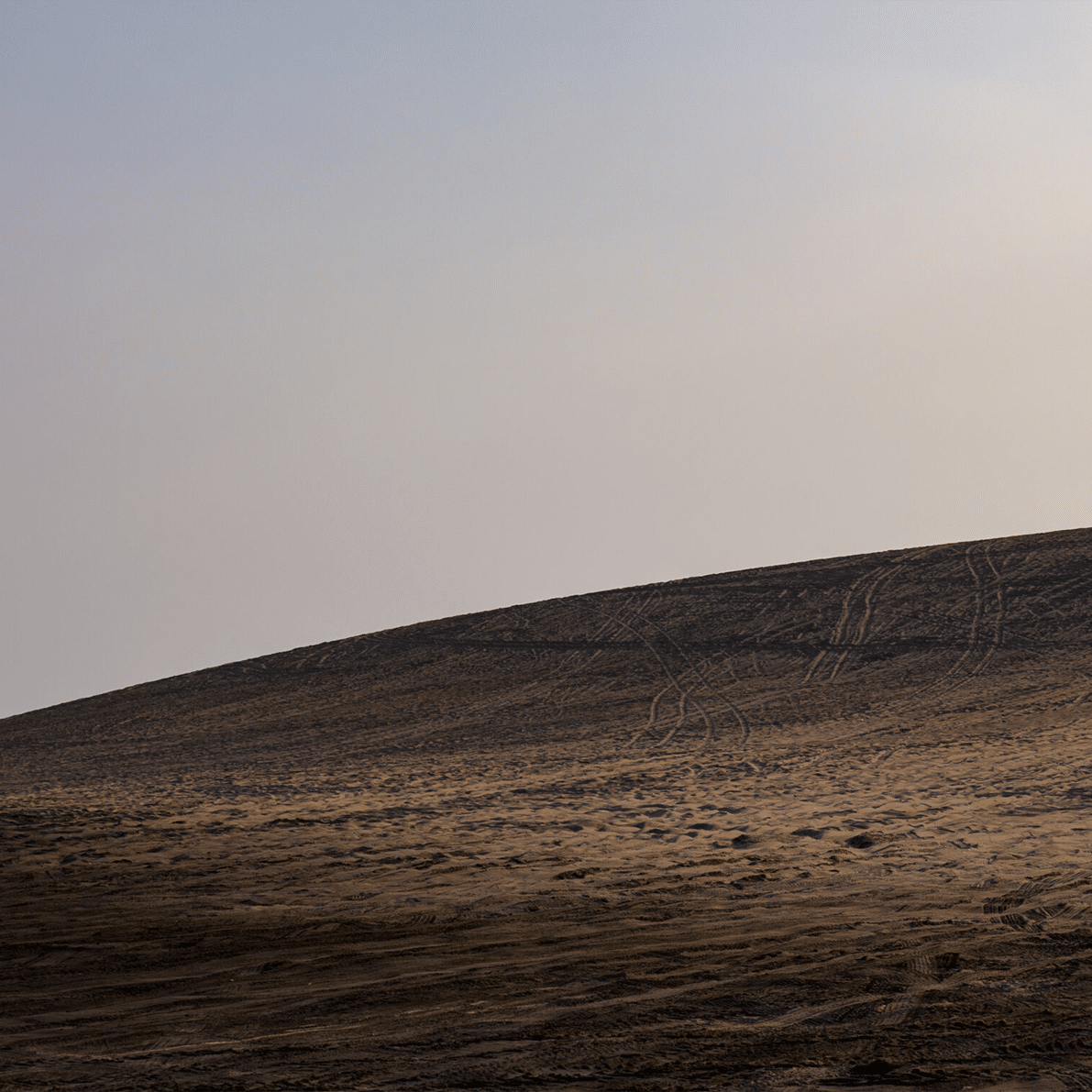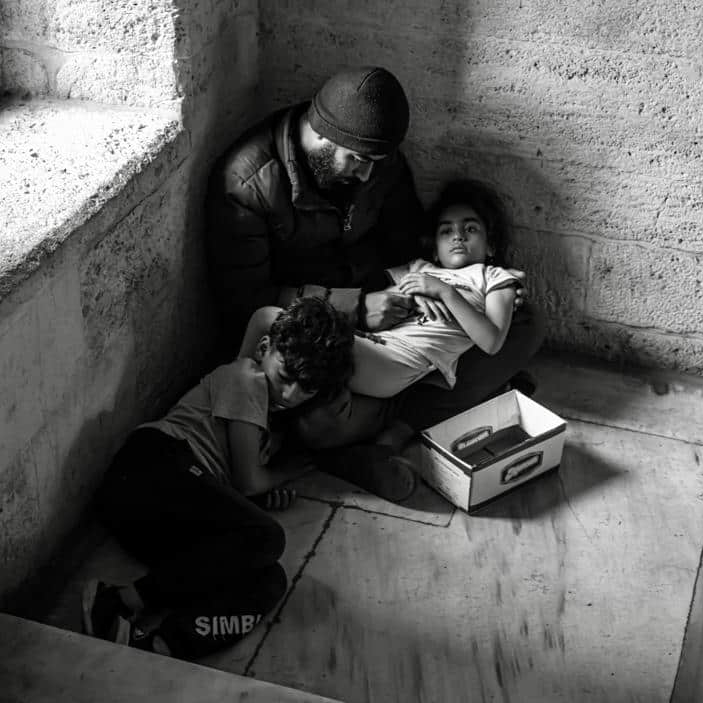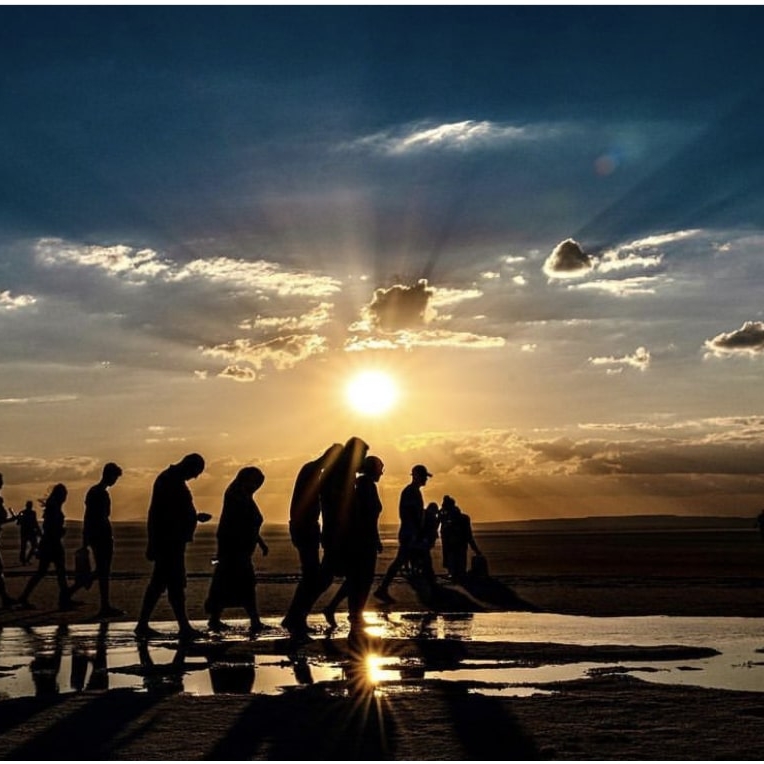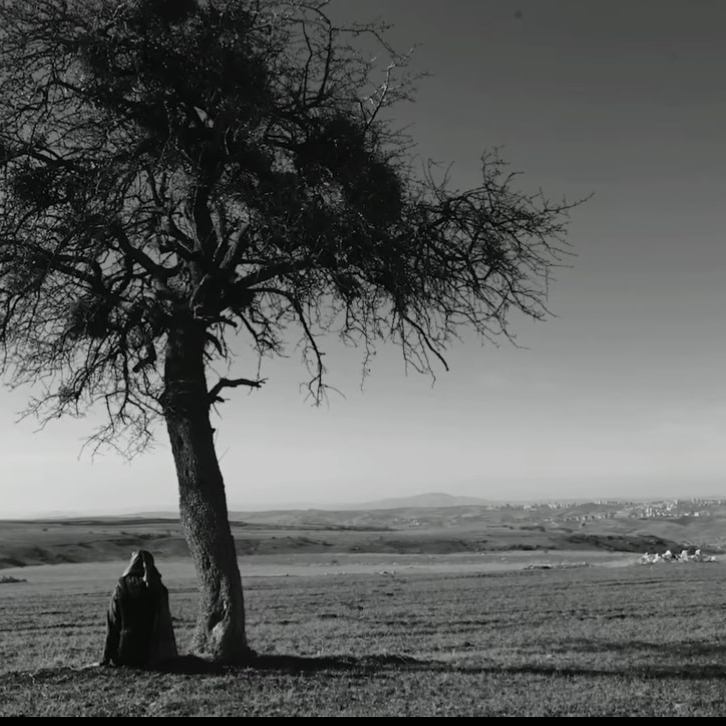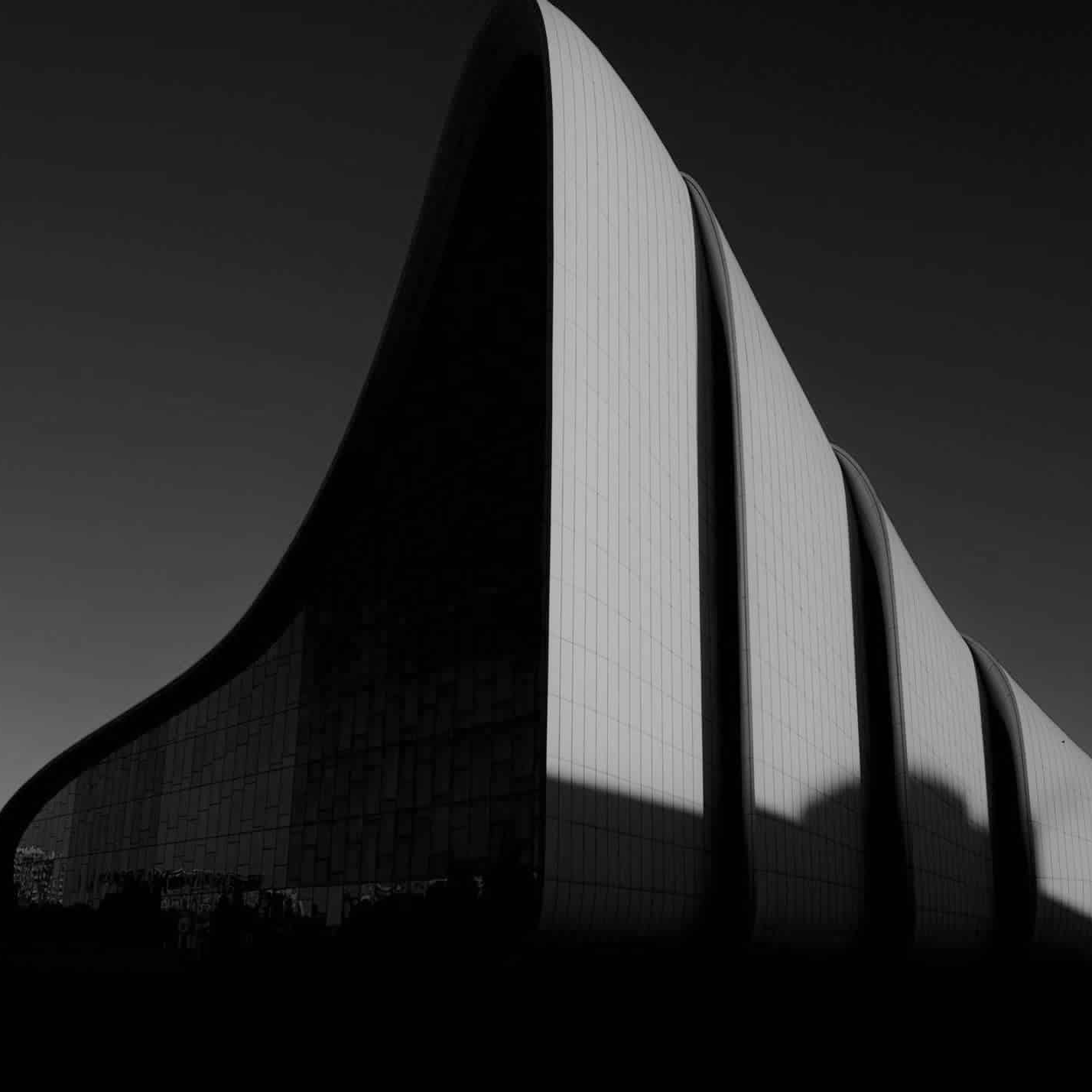Ibrahim Kalin

Ibrahim Kalin, Ph.D, is a scholar, author, statesman, musician and photographer. As a broadly trained scholar of Islamic studies and comparative philosophy, his academic publications concentrate on the Islamic intellectual tradition and the relations between Islam and the West. He has written on tradition and modernity, being and knowledge, freedom and meaning, science, culture, religion and art.
His publications include Knowledge in Later Islamic Philosophy: Mulla Sadra on Existence, Intellect and Intuition (Oxford University Press, 2010), Mulla Sadra (Oxford University Press, 2013), Akıl ve Erdem – Türkiye’nin Toplumsal Muhayyilesi (Reason and Virtue: Turkey’s Social Imagination, 2013) Ben, Öteki ve Ötesi: İslam-Batı İlişkileri Tarihine Giriş (Self, Other and Beyond: Introduction to the History of Islam-West Relations, 2016), Barbar, Modern, Medeni: Medeniyet Üzerine Notlar (Barbarian, Modern, Civilized: Notes on Civilization, 2018), Perde ve Mana: Akıl Üzerine Bir Tahlil (The Veil and Meaning: An Analysis on Reason, 2020), Açık Ufuk: İyi, Doğru ve Güzel Düşünmek Üzerine (Open Horizon: On Thinking Through Good, Truth and Beauty, 2021), and most recently Gökkubenin Altında (Under the Sky, 2022).
Dr. Kalin is the editor-in-chief of the 2-Volume Oxford Encyclopedia of Philosophy, Science and Technology in Islam (Oxford University Press, 2014) and the editor of Mulla Sadra: The Book Of Metaphysical Penetrations by S. H. Nasr (Brigham Young University Press, 2014). He is also the co-editor together with John Esposito of Islamophobia and the Challenge of Pluralism in the 21st Century, (Oxford University Press, 2011). His books have been translated into Arabic, Greek, Chinese, Albanian, Serbian and Bosnian.
His photography seeks to capture life as it unfolds in the form of our human condition. It tries to present rather re-present the moments of existential states through visual stories. Shooting both in color and black-and-white, Dr. Kalin uses the fundamental elements of photography such as composition, color and light as insights into the dynamic and multidimensional nature of reality which takes numerous forms, modes and shapes. He follows the principle that there cannot be only a single access to the multilayered structure of reality. Rather, we always have to check our mental images of the world against the constantly changing and dynamic nature of existence.
His photographic stories follow the principle of unity-in-diversity, revealing the infinite variety of life but also its fundamental unity that goes beyond spatial and temporal boundaries. The light the photographers capture in different moments of the day and in different parts of the world displays a magical and enchanted variety. Yet in the final analysis, they all pursue the same light that comes in an infinite variety of different shapes, forms, colors, grades and degrees.
Dr. Kalin takes the multiple fields of the art of photography, whether landscape, street or portrait, as a reflection of the imaginal world (‘alam al-khayal, mundus imaginalis), a key term of classical philosophy, where the line between image and reality, sensate and rational, material and non-material, abstract and concrete is blurred. The imaginal world is the intermediary state between the sensate-material and the purely conceptual and the spiritual. It connects the two realms of existence and enables us to extend from the limited and corporeal to the infinite and beyond. He holds that photography captures those moments and images that are both temporal and a-temporal, finite and infinite, material and metaphysical.




